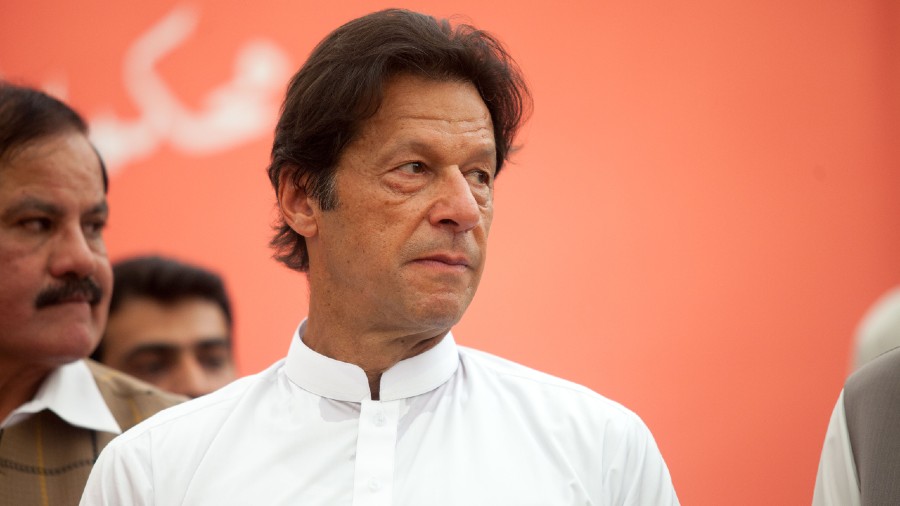Statecraft is about making risky moves for the betterment of the people and for bolstering the legitimacy of the State. But it appears that Pakistan is doing the opposite. The recent agreements signed by Imran Khan’s government with radical groups like the Tehreek-e-Labbaik Pakistan and the Tehreek-e-Taliban Pakistan are extremely worrying. Pakistan’s army and the Inter-Services Intelligence are hand in glove with the government on these agreements. Perhaps the deep State has not learnt that appeasing terror groups results in suffering.
The TLP was formed in 2015 to guard Islam and protect Pakistan’s controversial blasphemy laws. The TTP, which was created after the Pakistani army’s operation, Zarb-e-Azb, at the Lal Masjid, has traditionally targeted the army, the ISI and civilians: it is responsible for the attack on an army school in Peshawar that killed some 140 children. By signing these peace agreements, Pakistan has legitimized the existence of these outfits. Pakistan’s economy is in dire straits: inflation is high and there are food shortages. The pacts would push Pakistan closer to the abyss since the Financial Action Task Force is keeping a close eye on its actions.
Khan’s appeasement policy will compound the security challenges for Pakistan’s neighbours, most notably India and Iran. New Delhi will be concerned about Pakistan using the cadre of these hard-line groups to foment chaos in Jammu & Kashmir as well as execute strikes on sensitive Indian sites. Iran and Pakistan’s central Asian neighbours have also experienced terrorism-related incidents emanating from Pakistani soil. The TLP and the TTP can even drum up support for the Uighur cause and target China by strengthening the East Turkestan Islamic Movement.
Pakistan must discard these agreements and crack down on these groups. Otherwise, the future of Pakistan and South Asia appears grim.










